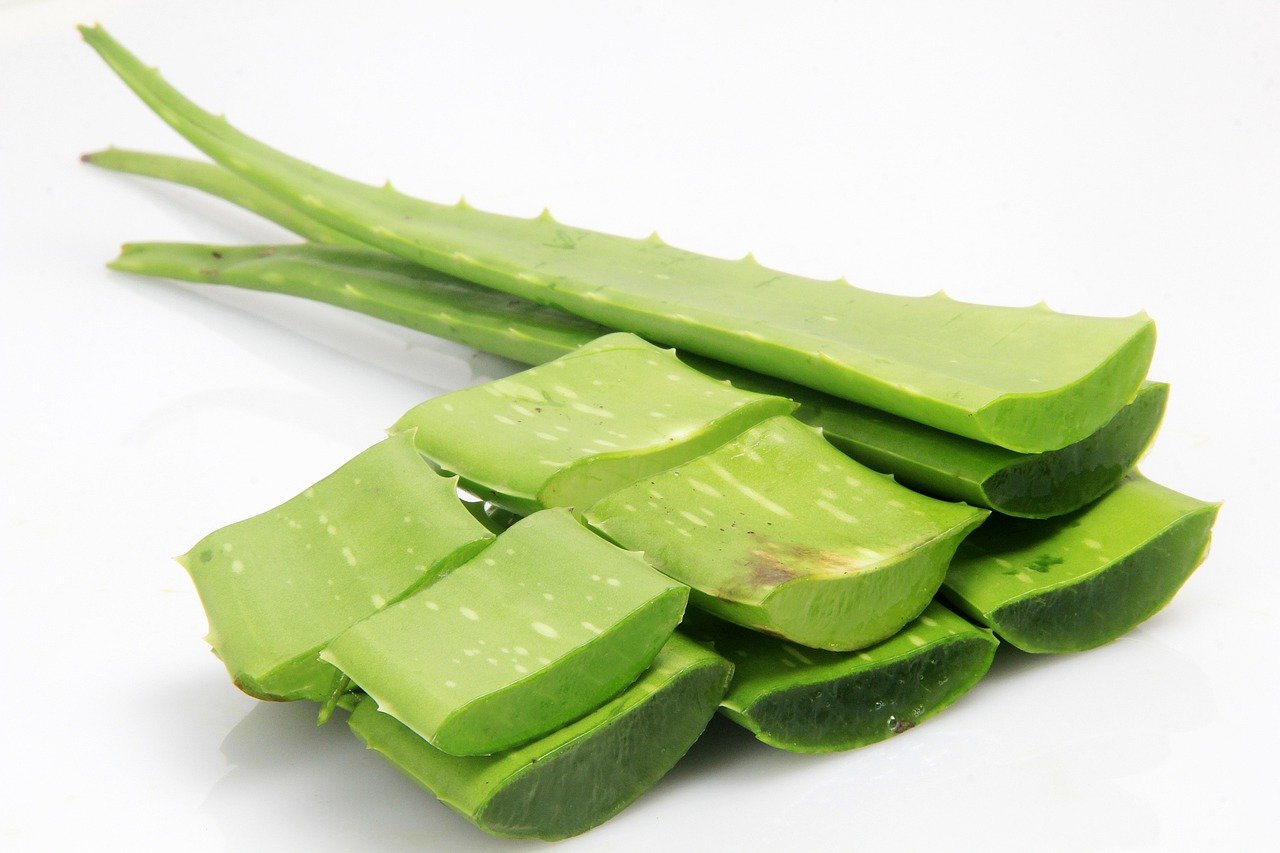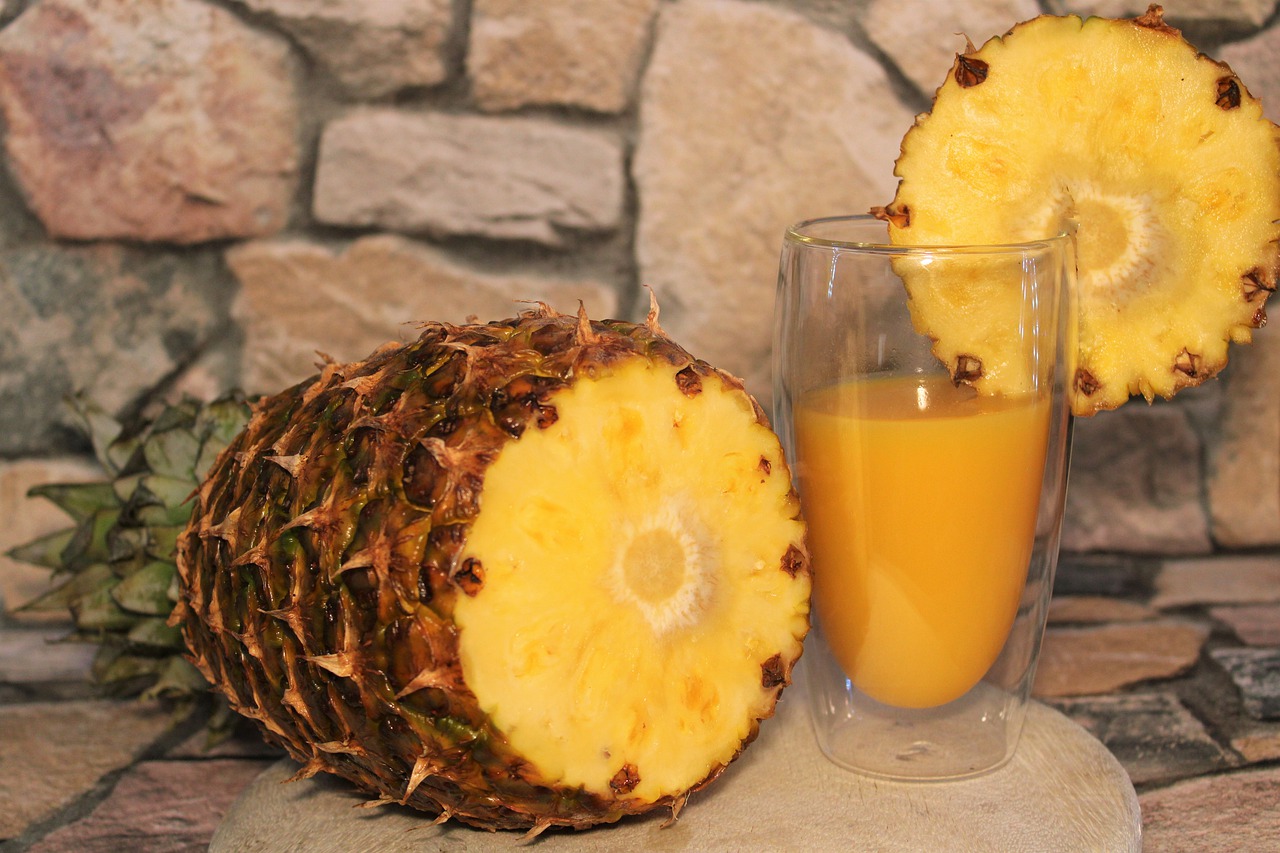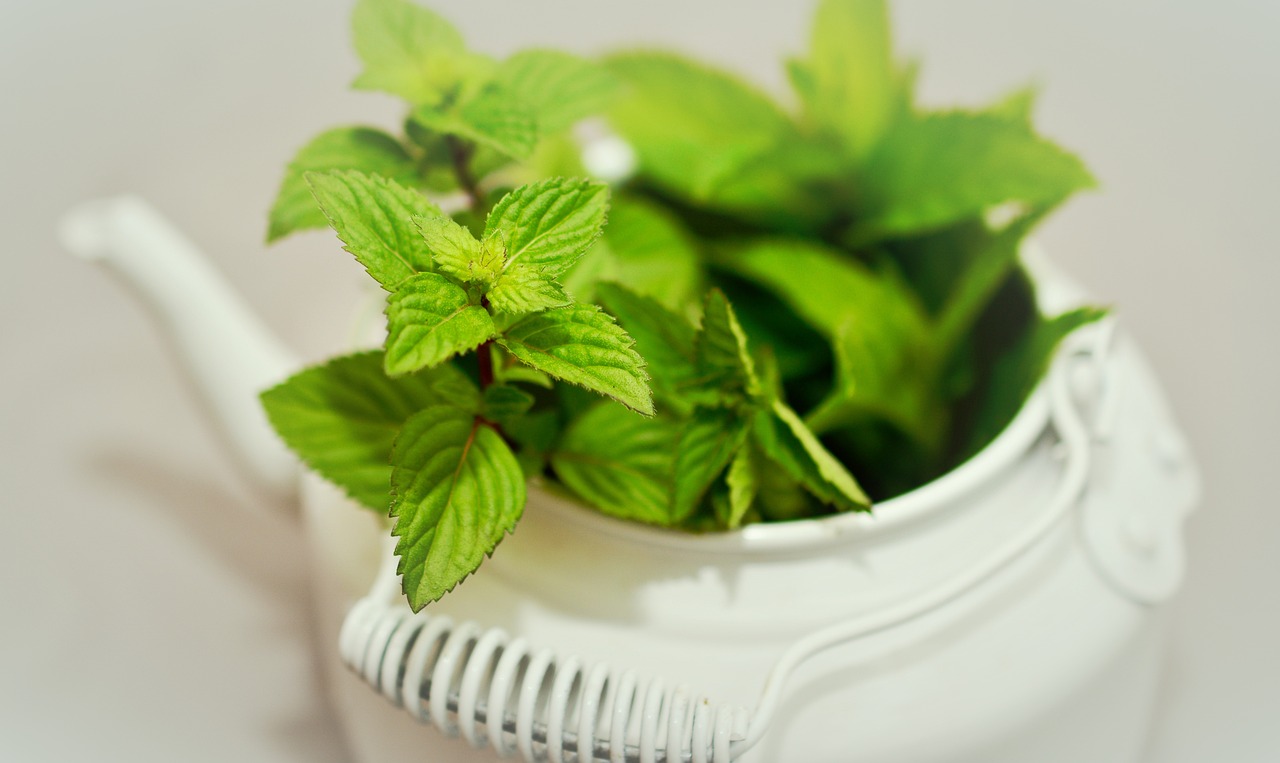Natural Burn Treatments

Burns can be a minor inconvenience or a major injury, depending the degree of the burn and the amount of territory it covers. This article is about how to deal with the minor kind. A burn that is dark red, has blackened skin or cover more than ten percent of the body need the emergency room, as soon as possible.
There are many things that you can do to help burns, and a few that you need to avoid. First aid for a burn starts by cooling it. Don’t put anything on it until it is cooled. There are a couple of exceptions to that, and here they are.
Ice Water:
Please note I did not say ice. Ice could cause more damage if placed on a burn. Use water with ice in it. If it’s on an area that can’t be immersed, use a clean towel that does not have fuzz. Linen works the best. If worse comes to worst, use a paper towel. Do this until the sting of the burn is bearable and the heat coming from it (you can usually feel it) is gone. As the towel absorbs the heat, dip it on the water and reapply. This could take up to an hour.
Vinegar:
In the case of sunburn, a mixture of vinegar and cool water can be used to help reduce the heat (and pain) of the burn. Again, use a linen cloth or a paper towel, and dip it in and reapply as needed.
The first reaction of many people is to apply an unguent, mayo or butter to the burn. Please don’t. That will seal the heat in and cause a more extensive and deeper burn. It will also cause a great deal of pain. Until it’s cooled, nothing but the above treatments.
After the burn has cooled, there are other things you can do.
Aloe:
Treating burns is the premiere use for this gel. You can buy it at the market in gel format. You might want to avoid the kind with linocaine or lidocaine, as that can’t be applied frequently. Plain aloe can be applied as needed.
Onion:
Don’t apply it to broken skin, and you may want to saute them, then let them cool completely to avoid any stinging.
Willow Bark:
You may also want to take a pain killer to help stop the pain. If you prefer natural painkillers, willow bark may help. If you’re allergic to aspirin, avoid this herb, though.
The Author:
Mary Bodel has been a master herbalist since 2004 although my training began long before I reached that level. I believe that health encompasses more than taking care of our bodies. It involves everything from what we eat to what we read. It involves our spirit as well as our body.








